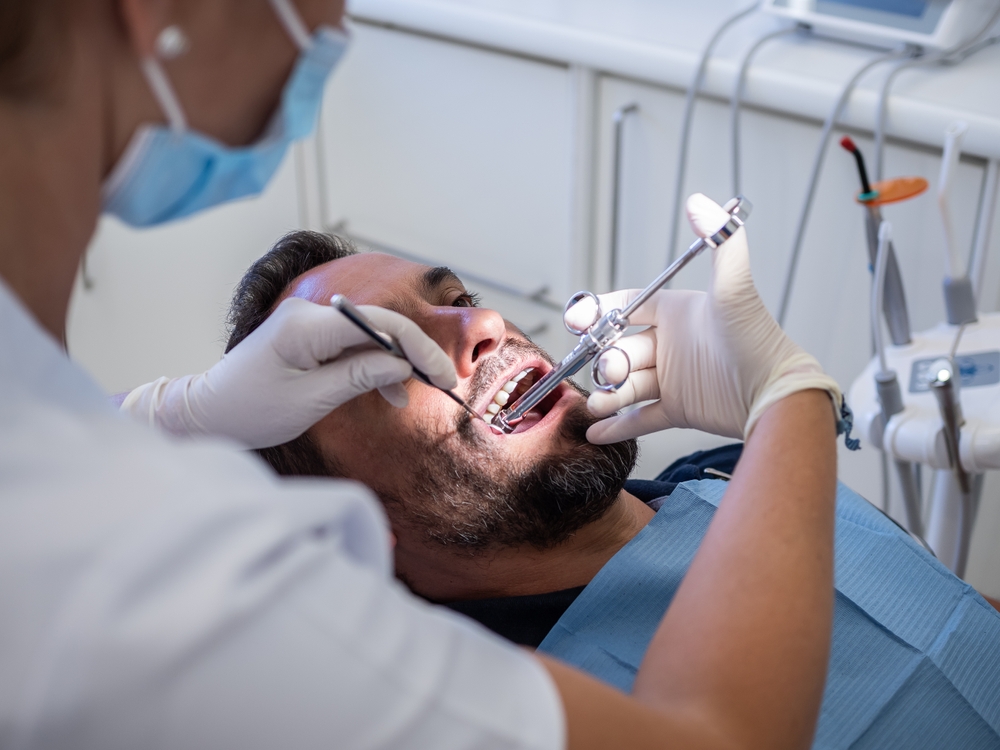 For years, healthcare professionals and the pharmaceutical industry have known that Serotonin Syndrome is caused by an interaction between monoamine oxidase inhibitor (MAOIs) and serotenergic drugs.
For years, healthcare professionals and the pharmaceutical industry have known that Serotonin Syndrome is caused by an interaction between monoamine oxidase inhibitor (MAOIs) and serotenergic drugs.
If you have recently been diagnosed with Serotonin Syndrome, this diagnosis could be the result of medical negligence or a dangerous product. Childers, Schlueter & Smith, LLC recently won the largest verdict in Houston County, Georgia in a case where Serotonin Syndrome irreparably injured a client.
What is Serotonin Syndrome?
Serotonin Syndrome is a serious central nervous system injury that can cause:
- Agitation
- Seizures
- Coma
- Other short term injuries, as well as long term brain damage
Despite this, many pharmaceutical companies have not properly warned consumers about risks of this interaction of their products, and many health care professionals remain unaware of this particularly dangerous situation.
What Causes Serotonin Syndrome?
Serotonin Syndrome is most commonly caused by the interaction between an MAOI and a serotonergic drug, but it is also possible that Serotonin Syndrome could be caused by an overdose of a serotonergic medication (including being prescribed too much by a doctor) and the interaction with other drugs, such as opioids.
MAOI drugs include Methylene Blue, Marplan, Nardil, Emsam, Parnate, and Linzolid. Serotonergic drugs include Effexor XR, Cymbalta, Paxil, Prozac, Zoloft, and many other commonly prescribed antibiotics.
If you have been diagnosed with Serotonin Syndrome, it is possible that this was the result of defective drug products, inadequate warnings or the negligence of your health care professional. Atlanta law firm Childers, Schlueter & Smith, LLC has specific experience with Serotonin Syndrome, the drugs that cause it and the legal duties of the drug companies and health care professionals that may have caused your injury. We can evaluate the facts of your injury and guide you to the best possible result.
Other Dangerous Drugs News
While Suboxone helps fight opioid addiction, it’s now at the center of a growing legal battle over severe, preventable dental harm not disclosed to patients for years.
Women across the U.S. are filing lawsuits against Pfizer after a major study linked long-term use of Depo-Provera to a fivefold increase in the risk of developing brain tumors known as meningiomas.
Women diagnosed with meningiomas after using Depo-Provera may be eligible for financial compensation, as lawsuits claim Pfizer failed to warn about the potential risk of brain tumors.
Patients who took Tepezza for thyroid eye disease and suffered hearing loss—including deafness—are now suing the manufacturer for failing to warn of these devastating side effects.
Despite growing evidence that Tepezza may cause hearing loss or tinnitus, the drug remains on the market—and lawsuits are mounting against its manufacturer.







